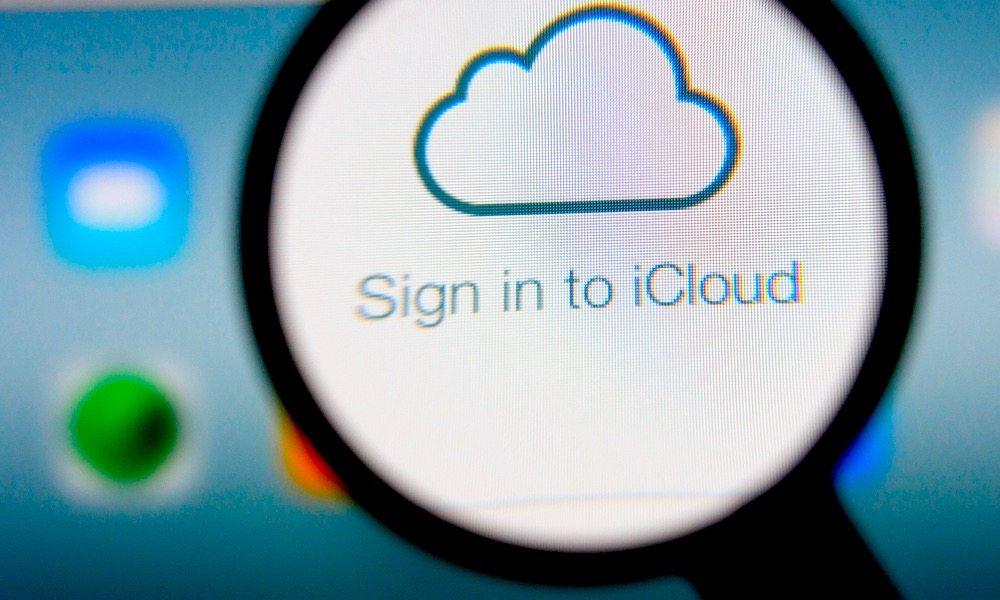iCloud ‘Hackers’ Claim Apple Paid Ransom

Image via Gil C / Shutterstock
Toggle Dark Mode
Whatever happened to the Turkish Crime Family — the hacker group who threatened to wipe millions of iCloud accounts unless Apple paid them by April 7?
Obviously, April 7 has come and gone, and we haven’t heard any reports of iCloud accounts being wiped or compromised. Of course, many were skeptical of the group’s claims that they had access to “millions” of iCloud accounts — even though some of the data they had turned out to be accurate. Suffice to say, a lot of the information put out by the hacker group was inconsistent, and was likely exaggerated for media coverage.
Well, the Turkish Crime Family actually tweeted an update on Friday stating that they had “come to a final agreement with Apple.” The group followed up that tweet with a link that supposedly shows a Bitcoin transaction totaling $480,000 — insinuating that Apple had actually paid the ransom that was originally demanded (though even the specific amount of money they had asked for was inconsistent).
Of course, many were rightfully skeptical that a tech giant like Apple would pander to the demands of a relatively obscure hacking group, especially when the company clarified that none of their own services had been breached. According to one Bitcoin expert, the transaction that the group tweeted was bogus — and actually depicted an “internal treasury operation at a Bitcoin exchange,” rather than a ransom payment from Cupertino.
“We have positively identified that the inputs and outputs of that transaction are controlled by a single Bitcoin exchange,” Chainalysis cofounder Jonathan Levin told PC World. “That transaction was, in fact, an internal money deposit through a Korean Bitcoin exchange,” he added. Chainalysis is a blockchain analysis and anti-laundering firm for Bitcoin transactions, making Levin an expert in this field.
Did the Turkish Crime Family pay itself to make it look like their ransom attempt was successful? While the evidence leans in that direction, we’re still not entirely sure. We can be pretty sure that, whether they were paid by Apple or not, it doesn’t look like any iCloud accounts were compromised. Apple has yet to comment on the matter.






